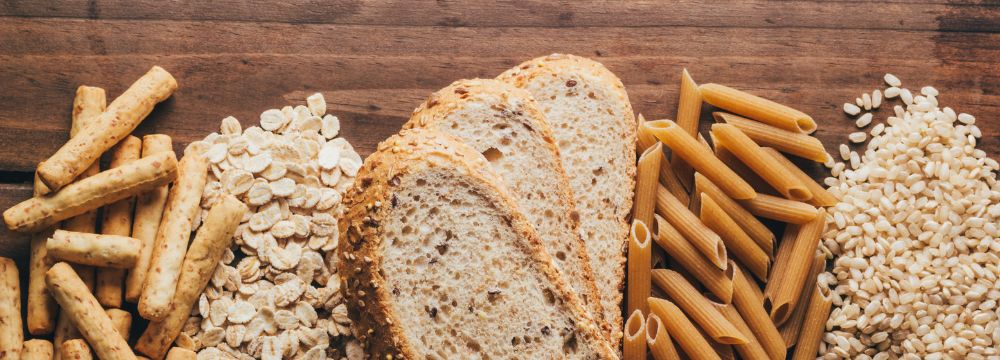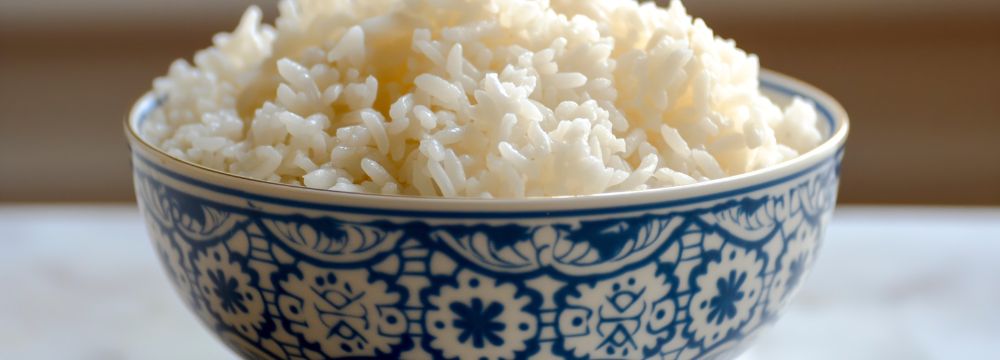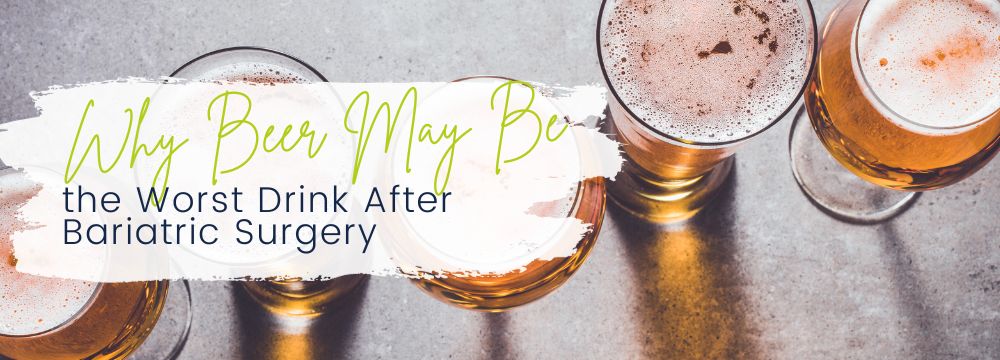
We are told that combining diet and exercise is critical to our long-term weight loss and health, and it’s backed by empirical evidence, not to mention that it makes sense. While this is true, it is not the end of the story. We must explore the nuances of diet and exercise for weight loss to understand how to move forward fully. For one, which is better? Dieting or exercising? Let’s take each of these one at a time and know how they are best used to improve your overall health.
Dieting
The modern American diet is far from ideal. We, as a society, have been led to believe that bigger portions equal better value. As a result, the consumption of saturated fats, high sugar, and high-carb foods has been normalized. What was considered a regular diet a generation ago is now considered a limited one. Let’s think about that for a second. We often talk about going on a diet with a combination of excitement and terror. We know what lies ahead: the absence of many or all the foods we enjoy and weeks or even months of calorie restriction bound to make us miserable. Unfortunately, that is the modern reaction to a normal diet.
So, before we even discuss the concept of the effectiveness of dieting, we must reframe how we look at our eating. We must look at calorie restriction as normalizing our diets rather than depriving ourselves of what we want.
That said, yes, dieting can be the most effective way to lose weight in the short term. As we discussed, calories in versus calories out. It is much easier not to eat that high-carb meal or avoid the sugary drink versus burning off those calories later by walking, running, or swimming. It’s why you may have tried several diets and lost weight very quickly in the beginning. On the flip side, you may notice that calorie restriction alone does not lead to sustainable long-term weight loss. This is for a couple of reasons. First, as you lose weight, your metabolism adapts and requires fewer calories. This means your caloric intake needs to adapt to remain in deficit. Second, if the number of calories you cut is significant, your body will slow your metabolism. This means that you may start to plateau after that initial shock and subsequent weight loss.
This Is Where Exercise Comes In
Exercise is critically important to maintain that longer-term weight loss. A balanced diet can be enhanced by combining cardiovascular and strength training. Cardiovascular training increases your heart rate and keeps your most important muscle, your heart, in shape. But cardiovascular training alone is not the answer to long-term calorie burn. Instead, you must include strength training which can include bodyweight exercises or lifting weights in the gym or at home. These exercises actively build muscle, allowing your body to burn more calories even at rest. Remember, muscle burns fat. So, if you’ve built more muscle but maintain the same weight, you will burn more calories daily.
A note on losing lots of weight in the early stages of dietary restriction
When you go on significant dietary restrictions, some of the weight you lose is water. What does that mean? You may unknowingly dehydrate yourself as the numbers go down on the scale. An accurate measure of your diet success requires that you are well hydrated every day. That means 64-128 ounces of fluids daily, where your urine is a light straw color, not medium or dark yellow. You’ll most benefit by targeting hydration based on activity level, water loss, and more, all of which can be discussed with your nutritionist. If you maintain good hydration status and are still losing weight, you know your diet is working.
A note on not losing weight during periods of exercise
Some patients can also get into trouble if they overthink their weight during early exercise. Remember that fat doesn’t just melt away as soon as you exercise. Instead, you will be gaining muscle which will eventually start to replace the fat. As such, most patients who begin an exercise routine, especially after not having done one for months or years, will see that they may not be losing weight. They might even gain some weight. The most important thing to remember here is that while you are building muscle, it takes some time to get rid of that fat. Don’t get discouraged, and don’t stop exercising if you see that the scale is not dropping as quickly as you expect. This is perfectly normal, and once your body gets used to the new exercise regimen, you’ll be on track. This is especially true for patients getting their strength training.
So, What’s the Answer?
A balanced diet with a good mix of cardiovascular and strength training is the best way to maximize your weight loss potential while setting yourself up for long-term success. In the short term, you will see significant weight loss from diet alone, but this is rarely sustainable. You may either plateau after some time or end up quitting and starting to consume too many calories once again. If paired with a good exercise program, as detailed in your post-operative packet from your bariatric surgeon, you may see fluctuations in your weight, but overall, you will start seeing a downward trend.
The Bottom Line
Remember that the weight on the scale is not the be-all and end-all of your success after bariatric surgery. It’s critically important to take pictures of yourself in the mirror every month or two. If you are following your diet and exercise protocols closely, you will see significant changes in your body shape, which, regardless of the number on the scale, will be an outstanding achievement. You can also use your blood markers to measure your success. If your blood pressure, cholesterol, blood sugar, and other health predictors are moving in the right direction, you know that what you’re doing is working.
Hydration is critical to any diet and exercise program. If you are dehydrated, not only will you have less motivation to work out and a higher propensity to overeat, but you are risking ending up in the emergency room. Dehydration is one of the leading causes of readmission to the hospital early on after the bariatric surgery procedure.
Lastly, don’t forget that bariatric surgery is a significant shock to the body. You need to take your prescribed vitamin and mineral regimen to ensure your body is healthy enough as you lose weight. Many patients may skip their vitamins due to cost or convenience. But doing so can cause significant physical and even psychological problems. It is essential that you follow your postoperative packet carefully so that you avoid many of these common pitfalls.
This is when connecting with other bariatric patients can be helpful in your post-operative life. Remember that you are not the only person who has navigated these challenges; there are thousands of other patients in your situation. Please rely on your doctor, family, friends, and other bariatric patients to understand what has worked for them.









